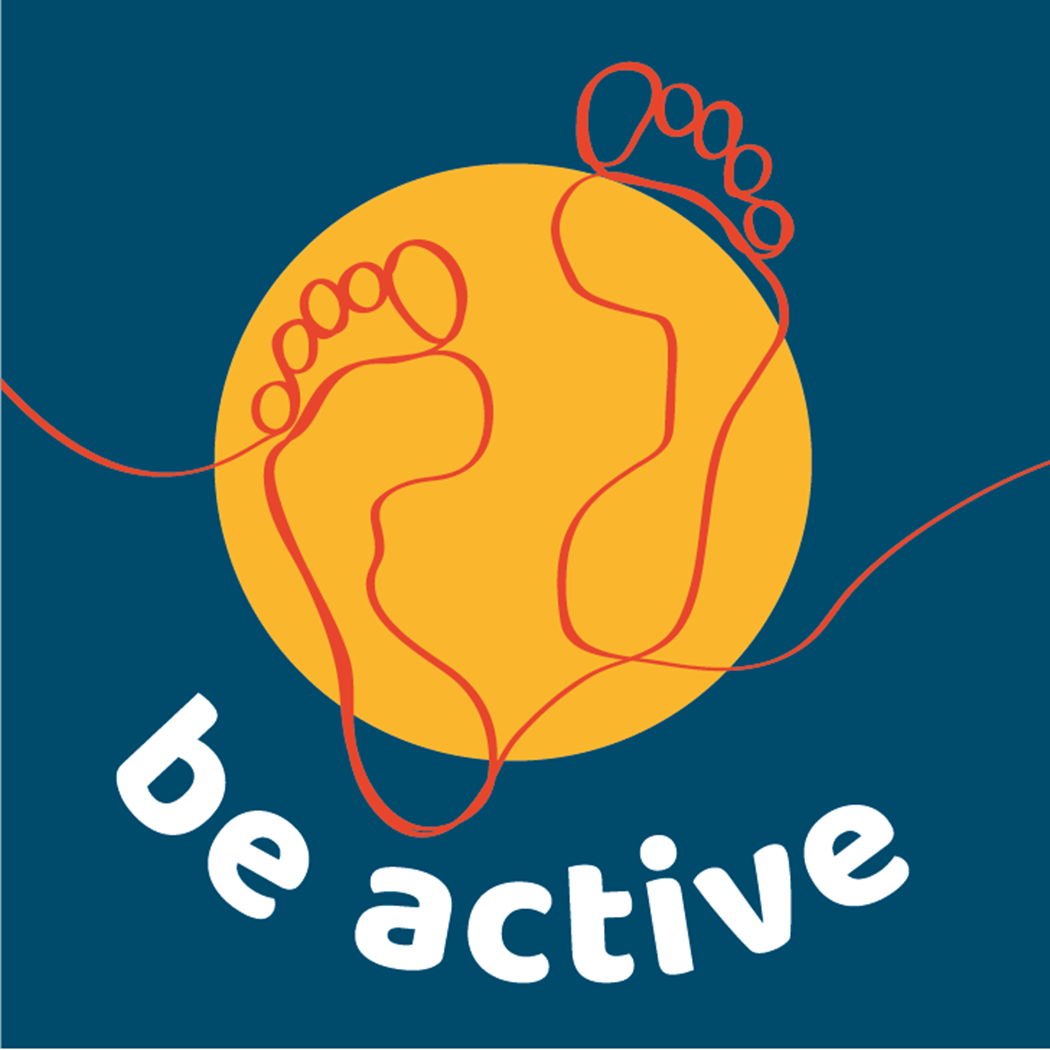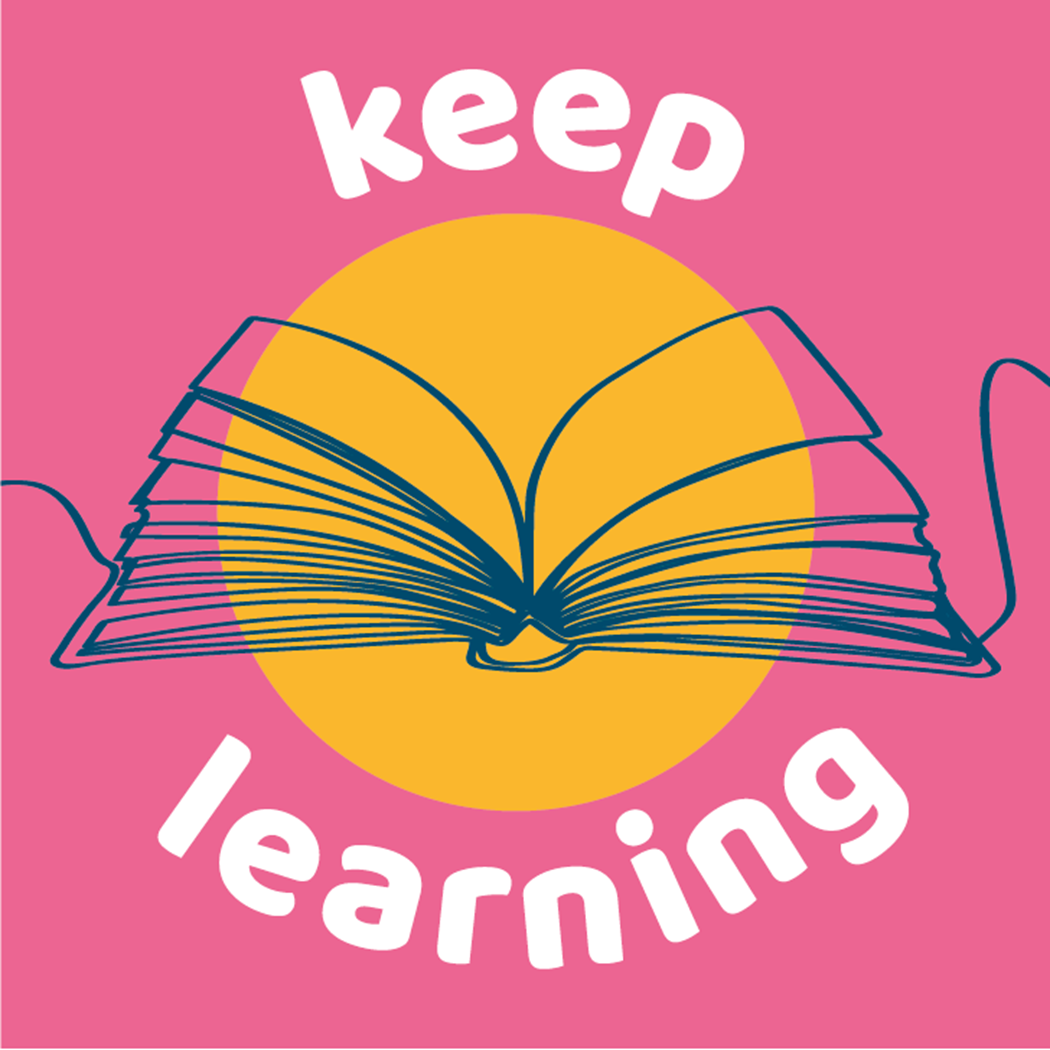
At Bristol Cathedral Choir School, we place a strong emphasis on the holistic development of our students. We are committed to fostering an environment that nurtures not only academic success but also the overall wellbeing of each individual. Through our curricular and co-curricular offerings, intelligent intervention, robust support systems, and a caring community, we strive to promote physical, mental, and emotional wellness. Our goal is to empower students to navigate challenges, build resilience, and cultivate a positive and balanced approach to their educational journey, ensuring they thrive not just academically, but in all aspects of their lives

The Five Ways to Wellbeing
At BCCS we believe in the ‘Five ways to wellbeing’ as a method to maintain and improve good mental health. This practice is woven throughout our personal development curriculum. In general, the evidence base around the influencers of wellbeing is growing and this particular body of research has gained so much attention that the NHS has adopted it as well as Mind mental health charity. The Five Ways to well-being study by The New Economics Foundation, on the available evidence to date, identifies five key actions around the themes of social relationships, physical activity, awareness, learning, and giving. Having strong social relationships, being physically active and being involved in learning are all important influencers of both well-being and ill-being. By contrast, the processes of giving and becoming more aware have been shown to specifically influence well-being in a positive way. A combination of all of these behaviours will help to enhance individual well-being and may have the potential to reduce the total number of people who develop mental health disorders in the longer term.
Evidence suggests there are 5 steps you can take to improve your mental health and wellbeing. Trying these things could help you feel more positive and able to get the most out of life.

1. Connect with other people
Good relationships are important for your mental wellbeing. They can:
- help you to build a sense of belonging and self-worth
- give you an opportunity to share positive experiences
- provide emotional support and allow you to support others
There are lots of things you could try to help build stronger and closer relationships:
-
if possible, take time each day to be with your family, for example, try arranging a fixed time to eat dinner together
-
arrange a day out with friends you have not seen for a while
-
try switching off the TV to talk or play a game with your children, friends or family
-
have lunch with a colleague
-
visit a friend or family member who needs support or company
-
volunteer at a local school, hospital or community group. Find out how to volunteer on the GOV.UK website
-
make the most of technology to stay in touch with friends and family. Video-chat apps like Skype and FaceTime are useful, especially if you live far apart but prioritise in-person connection

2. Be physically active
Being active is not only great for your physical health and fitness. Evidence also shows it can also improve your mental wellbeing by: raising your self-esteem, helping you to set goals or challenges and achieve them, even causing chemical changes in your brain which can help to positively change your mood.
-
Move, dance, walk, run, play sports, join a club - it doesn't have to mean hours in the gym!
-
Learn more about running and aerobic exercises to help get you moving and improve your fitness
-
read about strength and flexibility exercises to increase muscle strength, improve balance and reduce joint pain
-
if you're a wheelchair user, read fitness advice for wheelchair users

3. Learn new skills
Research shows that learning new skills can also improve your mental wellbeing by:
- boosting self-confidence and raising self-esteem
- helping you to build a sense of purpose
- helping you to connect with others
Even if you feel like you do not have enough time, or you may not need to learn new things, there are lots of different ways to bring learning into your life.
Some of the things you could try include:
-
try learning to cook something new. Find out about eating a healthy, balanced diet
-
try taking on a new responsibility at work, such as mentoring a junior staff member or improving your presentation skills
-
work on a DIY project, such as fixing a broken bike, garden gate or something bigger. There are lots of free video tutorials online
-
consider signing up for a course at a local college. You could try learning a new language or a practical skill such as plumbing
-
try new hobbies that challenge you, such as writing a blog, taking up a new sport or learning to paint

4. Give to others
Research suggests that acts of giving and kindness can help improve your mental wellbeing by:
- creating positive feelings and a sense of reward
- giving you a feeling of purpose and self-worth
- helping you connect with other people
It could be small acts of kindness towards other people, or larger ones like volunteering in your local community.
Some examples of the things you could try include:
- saying thank you to someone for something they have done for you
- asking friends, family or colleagues how they are and really listening to their answer
- spending time with friends or relatives who need support or company
- offering to help someone you know with DIY or a work project
- volunteering in your community, such as helping at a school, hospital or care home

5. Take Notice
Paying more attention to the present moment can improve your mental wellbeing. This includes your thoughts and feelings, your body and the world around you.
Some people call this awareness "mindfulness". Mindfulness can help you enjoy life more and understand yourself better. It can positively change the way you feel about life and how you approach challenges.
Read more about mindfulness, including steps you can take to be more mindful in your everyday life.
